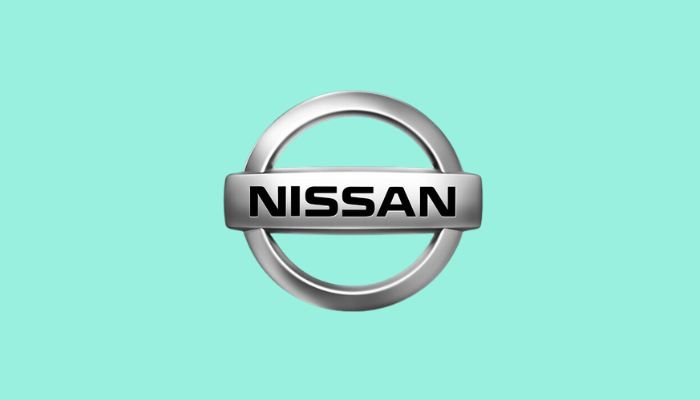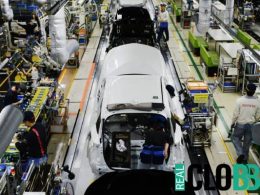Nissan is grappling with a severe financial crisis, with executives reportedly stating the company has just “12 to 14 months to survive.”
The automaker recently laid off 9,000 employees, representing 6.7% of its global workforce, and announced a 20% reduction in production capacity due to declining sales in key markets, including the US and China.
The company reported an 85% drop in operating profit for the third quarter and a net loss of $60.1 million. The job cuts are expected to save Nissan approximately $3 billion, but the measures may not be enough to secure its future.
In search of stability, Nissan is reportedly exploring new long-term investors, including banks and insurance groups. Notably, it has not ruled out the possibility of selling shares to its rival, Honda, with whom it recently partnered on electric vehicle (EV) development.
Renault, a major shareholder in Nissan since 1999, has been reducing its stake, leaving room for potential restructuring.
Despite the challenges, there’s optimism about a deeper Nissan-Honda collaboration. Sources suggest this could bolster both companies’ EV portfolios and strengthen their market positions.
With dwindling time and mounting challenges, Nissan’s survival may hinge on its ability to secure investments and execute its restructuring plans swiftly.
The auto industry is watching closely as the company navigates one of the most critical phases in its history.











